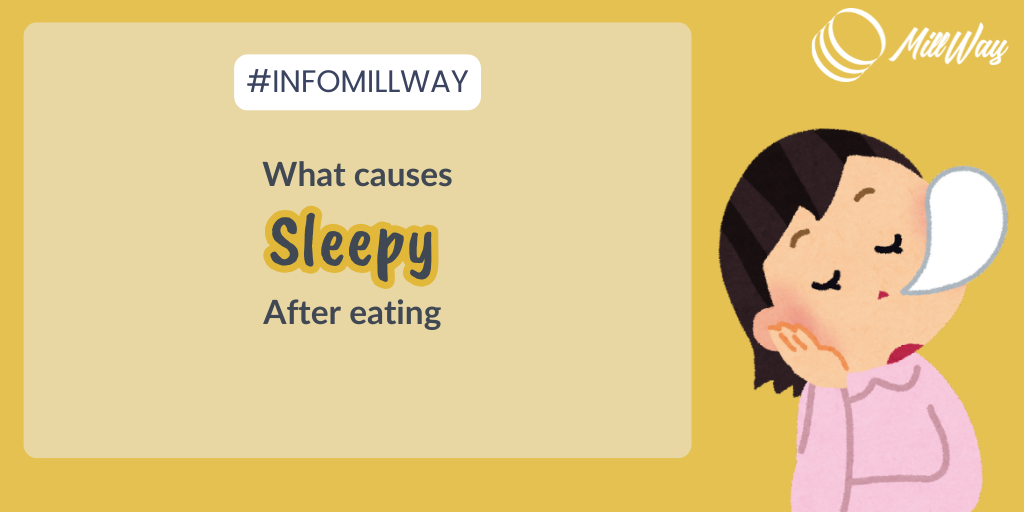Feeling sleepy after eating, also known as "postprandial somnolence" is a common phenomenon experienced by many people. Here are some scientific reasons:
1. Increased insulin: After eating, the body releases insulin to regulate blood sugar levels. Insulin also triggers the release of serotonin and melatonin, hormones that regulate sleep.
2. Increased tryptophan: Tryptophan, an amino acid found in food, is converted into serotonin and melatonin, causing drowsiness.
3. Increased carbohydrates: Complex carbohydrates trigger the release of insulin and serotonin, leading to sleepiness.
4. Body temperature changes: Food can increase body temperature, which then decreases, causing sleepiness.
5. Relaxation: Eating can be a relaxing activity, making the body feel at ease.
6. Habit: Sleepiness after eating can become a psychological habit.
7. Stress: Eating can be a way to cope with stress, followed by drowsiness.
8. Food quality: Heavy, oily, or sugary foods can cause sleepiness.
9. Meal timing: Late lunch or dinner can disrupt sleep patterns.
10. Sleep needs: Lack of sleep or sleep disorders can cause sleepiness after eating.
11. Medical conditions: Diabetes, hypoglycemia, anemia, or thyroid disorders can cause drowsiness after eating.
How to Overcome It:
1. Eat in proper portions.
2. Choose balanced and nutritious foods.
3. Avoid heavy and oily foods.
4. Drink enough water.
5. Take a walk or do light exercise after eating.
6. Get enough sleep (7-8 hours).
7. Avoid caffeine and alcohol before bed.
If sleepiness after eating interferes with activities, consult a doctor to determine the cause.

